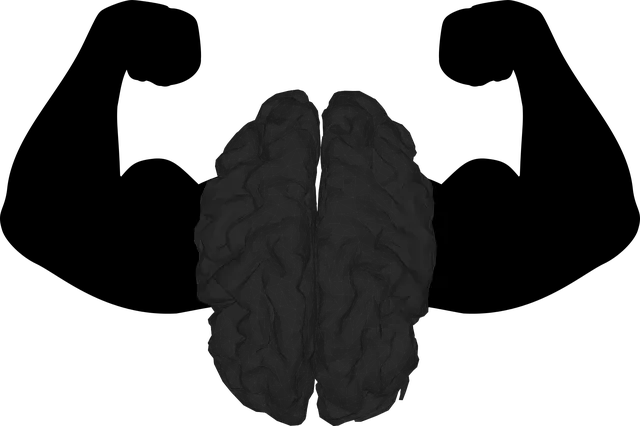Westminster excels in mental health care through comprehensive risk assessment and proactive planning, adopting the Kaiser Model that emphasizes early intervention, continuous care, and holistic strategies like Mental Health Education and Self-Care Routine Development. This enables effective harm minimization, emotional well-being promotion, and a culture of resilience, making Westminster a beacon of good practice for Kaiser and other mental health settings.
Risk assessment and harm minimization planning are essential components of ensuring optimal mental health support, especially in dynamic environments like Westminster. This article delves into the foundational principles of risk assessment and explores key components of effective risk management strategies. We examine the Kaiser Model, showcasing how its structured approach aligns with Westminster’s commitment to good mental health practices. By understanding these concepts, we can navigate challenges and foster a supportive environment for all residents.
- Understanding Risk Assessment: A Foundation for Harm Minimization
- Key Components of Effective Risk Management Strategies
- Implementing and Monitoring Plans for Optimal Mental Health Support in Westminster (Kaiser Model)
Understanding Risk Assessment: A Foundation for Harm Minimization

Understanding Risk Assessment is a fundamental step in establishing effective harm minimization plans, especially within mental health settings like Westminster, where Kaiser has recognized its significance. This process involves identifying potential risks and evaluating their likelihood and impact to ensure the well-being of individuals receiving care. By thoroughly assessing risks, professionals can implement tailored strategies that promote emotional well-being.
Westminster’s adoption of good practices in risk assessment empowers care providers to employ various Emotional Well-being Promotion Techniques and Communication Strategies. These methods not only enhance patient safety but also foster effective Mood Management. Through proactive risk management, healthcare facilities like Kaiser can create a supportive environment, mitigate potential harms, and ultimately contribute to improved mental health outcomes.
Key Components of Effective Risk Management Strategies

Effective risk management strategies for mental health initiatives, such as those practiced at Westminster, often hinge on several key components. Firstly, comprehensive risk assessment is imperative. This involves meticulously identifying potential hazards and their impact on individuals’ mental well-being, including the unique challenges faced by diverse populations. For instance, evaluating the accessibility of resources like Mindfulness Meditation and Compassion Cultivation Practices for all participants, regardless of background or ability, ensures an inclusive approach to harm minimization.
Secondly, these strategies require proactive planning for harm mitigation. This includes implementing evidence-based interventions that foster mental health awareness and resilience. For example, integrating programs that encourage open dialogue about emotional experiences and provide tools for coping with stress can create a supportive environment. By prioritizing the mental health of participants, Westminster not only minimizes potential risks but also cultivates a culture of well-being that benefits everyone involved.
Implementing and Monitoring Plans for Optimal Mental Health Support in Westminster (Kaiser Model)

Westminster’s adoption of the Kaiser Model offers a comprehensive framework for implementing and monitoring plans aimed at optimal mental health support. This model emphasizes proactive measures, focusing on early intervention and continuous care to prevent and manage mental health issues effectively. By integrating various strategies such as Mental Health Education Programs Design, Self-Awareness Exercises, and Self-Care Routine Development for Better Mental Health, the Kaiser Model fosters a supportive environment that encourages individuals to take charge of their well-being.
The model’s success lies in its holistic approach, which goes beyond treating symptoms by addressing underlying factors contributing to mental health challenges. Regular monitoring ensures that interventions are tailored to individual needs, promoting long-term resilience and recovery. This personalized care is crucial for fostering positive mental health outcomes within the dynamic environment of Westminster, where access to quality resources can significantly impact residents’ overall well-being.
Risk assessment and harm minimization planning are essential components of ensuring optimal mental health support, as demonstrated by the successful Kaiser Model implemented in Westminster. By understanding the foundational principles of risk assessment and adopting effective risk management strategies, we can create environments that promote resilience and well-being. The Kaiser Model serves as a compelling example, highlighting how comprehensive planning can significantly enhance mental health outcomes for individuals within the community.



